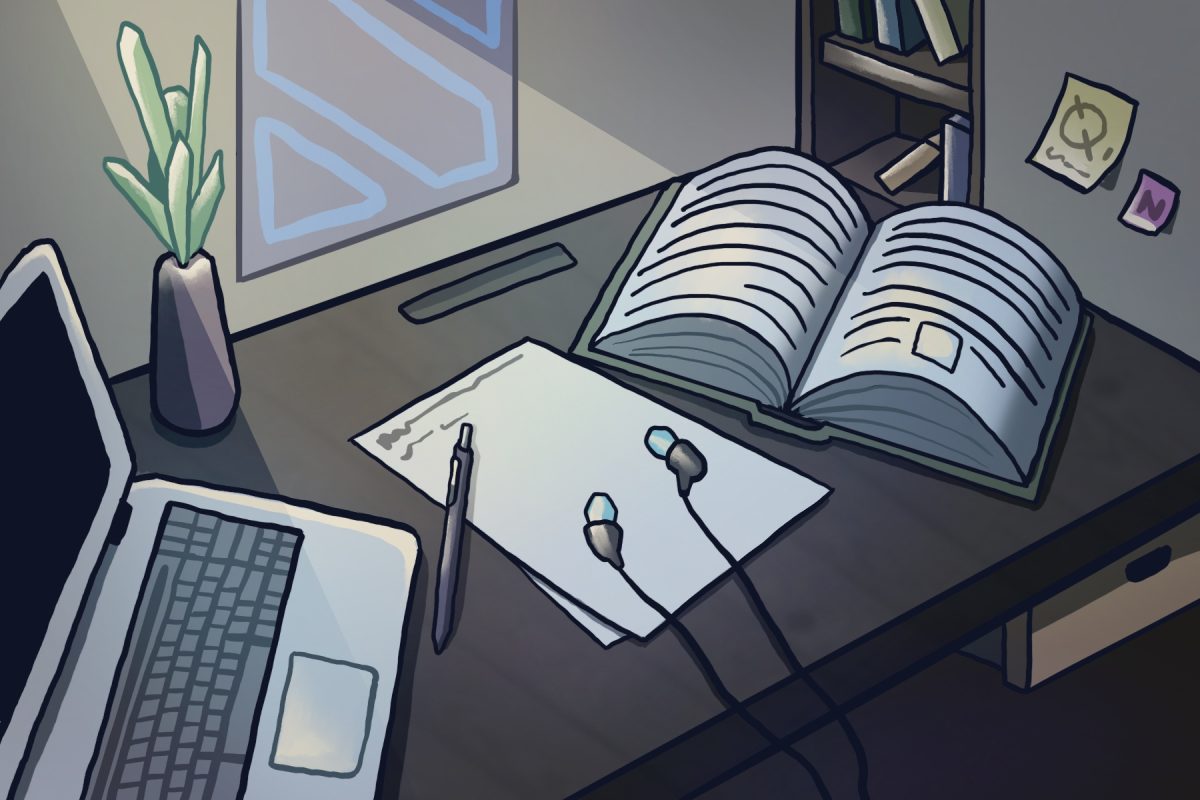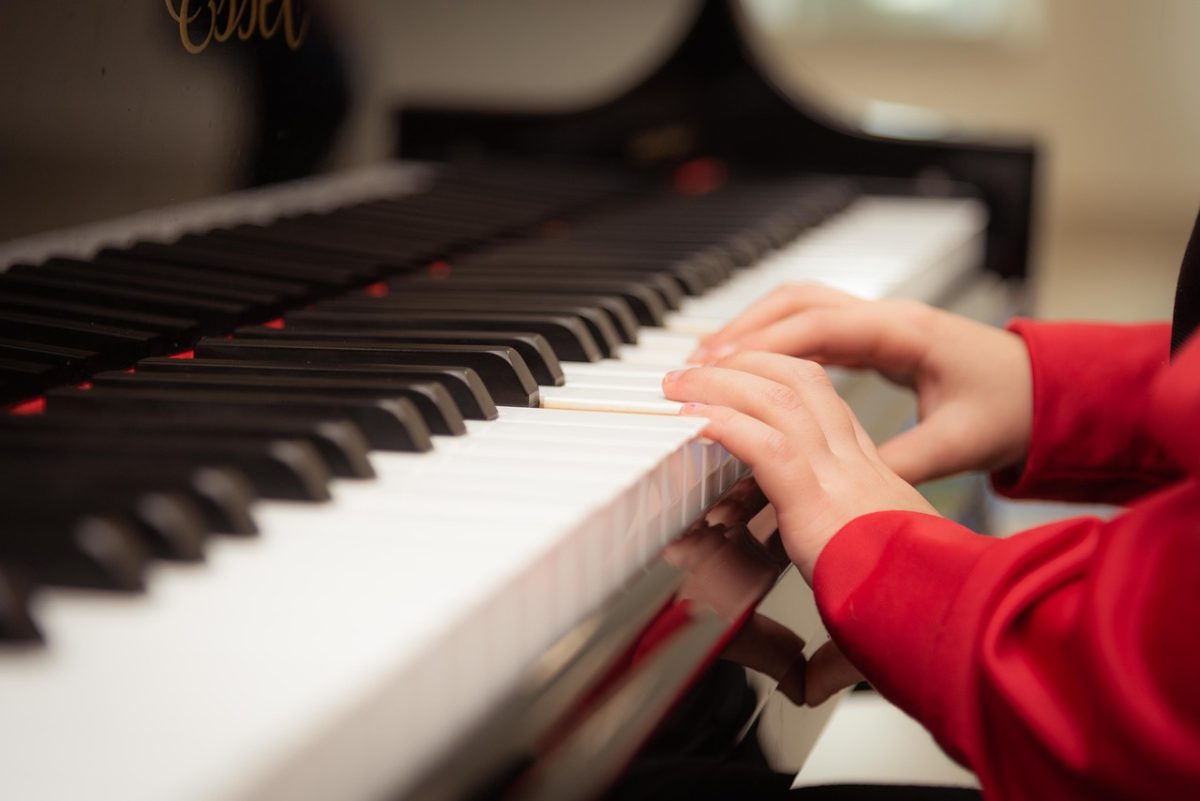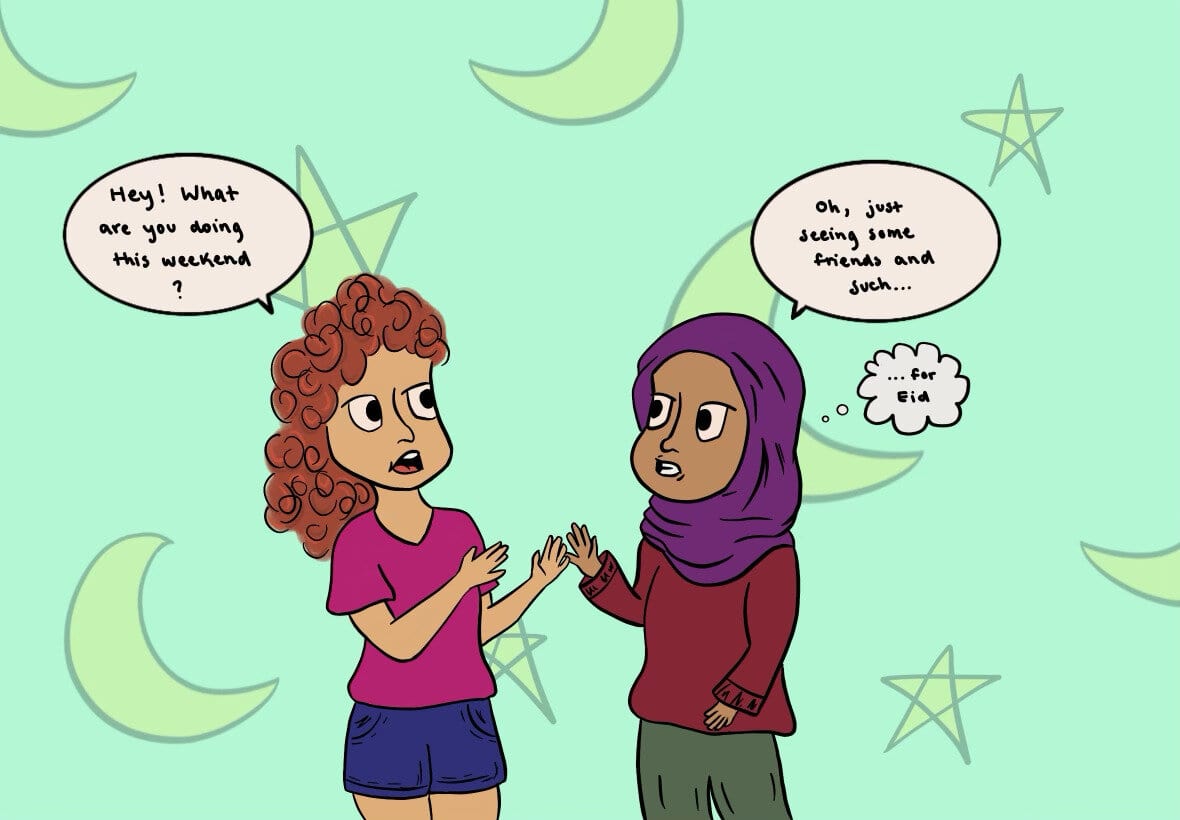Let’s say that each time you heard a Lorde or Adele song you were overcome with irritation and disappointment. Last year, that was my reaction to all songs. Believe it or not, I just didn’t like music.
Two factors caused this distaste: I was uncomfortable with how music could manipulate my emotions, and I also embraced silence since it allowed me to think.
I used to notice how sad songs put me in a terrible mood, but for some irrational reason this became the case with all music, even joyful songs.
Recently, I’ve started to think that it’s the raw emotional power that makes music so stimulating. Even though music is, simply put, an auditory input, it can cause a physical, as well as emotional reaction—the urge to dance or a change of mood, for example.
Most stimuli that affect me so dramatically are grasped through more than one of my five senses; eating, for example, involves both taste and smell. But the fact that music, which is as simple as hearing, can have such a prominent effect on the body accentuates how powerful it is.
In addition to music being an interesting general phenomenon, individual songs each offer their own fascinating aspects.
Often times, lyrics emphasize a song’s meaning and conjure up interesting ideas.
Lyrics used to irritate me. I hated how singers continuously repeated the same chorus and lines. But I’ve finally realized that there are important reasons why they’re saying the same phrase over and over: with repetition, the singer creates a more powerful message by communicating with more than just melodic development.
I now like lyrics because, rather than empty words, as I used to perceive them, I think of them as poems set to melodies. Poetry is intriguing. I take pleasure in decoding the author’s message. Now when I listen to music, I can do just that.
I turned to my previous complaints regarding how music inhibited my thinking. While focusing on other stuff while listening to music can be tough for me, I’ve started to think about how I could use background noise to my advantage. Rather than dismiss music all together, I now turn to it for inspiration.
In addition to changing how I listen to music, I’ve also altered the way I play music. I’ve played violin since second grade, and I’ve realized that practicing should be much more than a simple chore. Using my newfound love for music, I can now say that I use violin as an enjoyable artistic outlet.
I have also started playing piano again, and I’m taking singing lessons now, too. Last year, there’s no way I could’ve ever imagined playing music as much as I do now.








